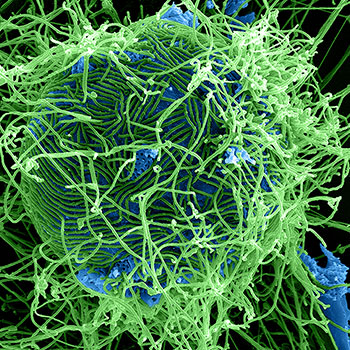If#(x,y) # is the solution of the following equations #(2x)^log2= (3y)^log3# and #3^logx = 2^logy# then x is equal to?
1 Answer
Jun 3, 2018
Explanation:
Taking the logarthm on both sides (the first equation) we get
Doing the same with the second equation:
Substituting
we get
so
In the first equation we get

